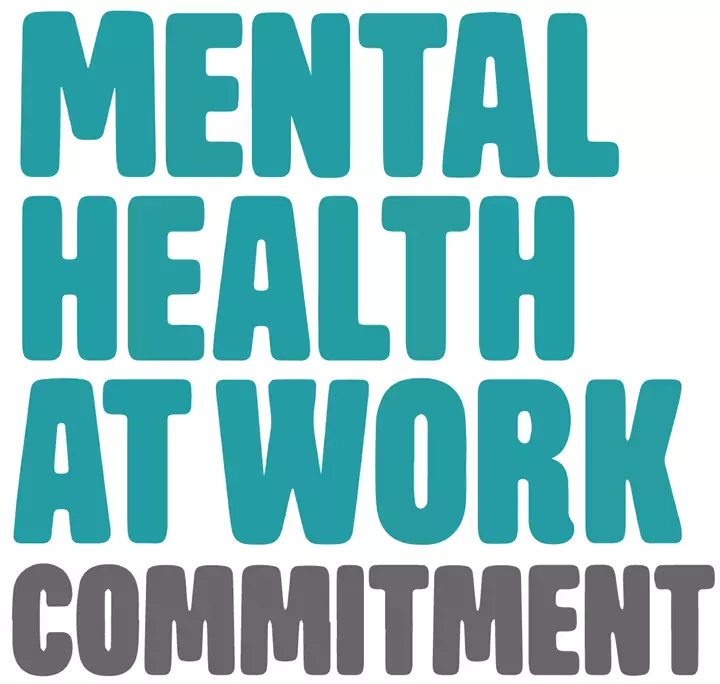Mental health is a priority for us – That’s why here at Mind in Mid Herts, we’ve signed the Mental Health at Work Commitment.
The Mental Health at Work Commitment is a simple framework using up-to-date research, from UK employers and mental health experts, based on the Thriving at Work standards (seen below).
It allows us to demonstrate our values and lead the way in implementing each standard for our people and drive change.
The 6 standards
6 clear standards based on best practices to create an environment where employees can thrive:
Standard 1: Prioritise mental health in the workplace by developing and delivering a systematic programme of activity.
Standard 2: Proactively ensure work design and organisational culture drive positive mental health outcomes.
Standard 3: Promote an open culture around mental health.
Standard 4: Increase organisational confidence and capability.
Standard 5: Provide mental health tools and support.
Standard 6: Increase transparency and accountability through internal and external reporting.
Each standard has a set of actions that help organisations achieve the commitment.
Learn more about the standards and actions.
Mindful Employer Charter
In addition, Mind in Mid Herts is proud to have signed the Mindful Employer Charter, a national initiative supporting employers to take a positive approach towards mental health at work. By signing the Charter, our organisation makes a public declaration of our ambition to support the mental health and wellbeing of our staff by agreeing to uphold the following values:
- To provide non-judgemental and proactive support to staff with experience of mental ill-health.
- To avoid making assumptions about a person with a mental health condition and their ability to work.
- To be positive and enabling toward all employees and applicants with a mental health condition.
- To support line managers in managing mental health in the workplace.
- To ensure the fair recruitment of staff in accordance with the Equality Act (2010).
- To make it clear that people who have experience of mental ill-health will not be discriminated against.

National Mind Infoline: 0300 123 3393
Open 9am to 6pm, Monday to Friday (except for bank holidays). Ask us about: Mental health problems, Where to get help, Treatment options, Advocacy services
Call now
Side by Side Online Chat
Side by Side is a supportive online community where you can be yourself. We all know what it’s like to struggle sometimes, but now there’s a safe place to listen, share and be heard.
Join the Side by Side community
